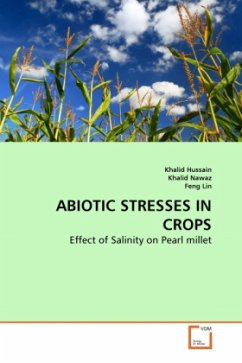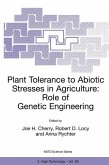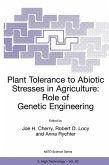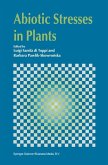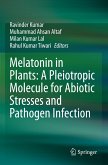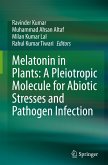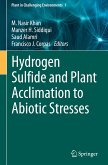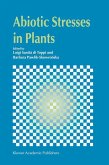Abiotic stresses are the main cause of low yield of crops in the world. Among abiotic stresses, salinity is a world-wide problem. This problem is particularly serious in arid & semiarid regions of the world where most of the developing countries happen to fall. Salinity causes not only differences between the mean yield and the potential yield, but also causes yield reduction from year to year. It affects the plant growth directly through its interaction with metabolic rates and pathways within the plant. Pearl millet grains are rich in fat, protein content (ranges from 12-20%) and mineral elements, particularly calcium and iron. Among cereals, pearl millet ranks sixth in importance but it is severely affected by salinity. In this book comparison between two Pearl millet lines under NaCl stress regarding morphology and physiology have been discussed. It will be a useful addition for stress physiologists working in this field. It will help readers to study morphology, physiology and screening of crops under salt stress. By consulting this book, scientists will be able to perform independent experiment for salt stress studies.
Bitte wählen Sie Ihr Anliegen aus.
Rechnungen
Retourenschein anfordern
Bestellstatus
Storno

